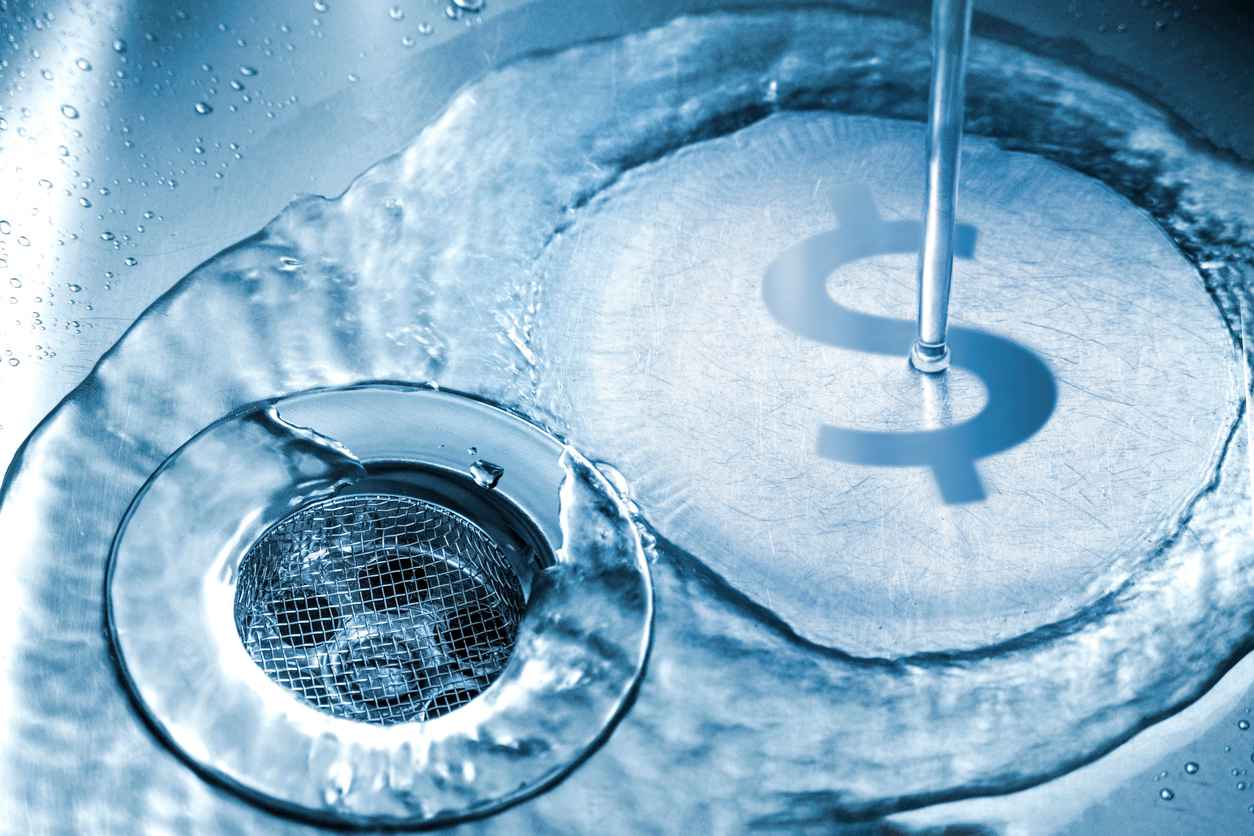
Why is My Sewer Bill So High?
Have you ever opened your monthly utility bill, only to be greeted by a seemingly astronomical number under the “sewer” or “wastewater” charge? If you’ve found yourself wondering, “Why is my sewer bill so high?” you’re certainly not alone. In today’s world of rising costs and increasing environmental awareness, understanding the factors that contribute to the size of your sewer bill has become more important than ever.
In this blog, we will unravel the mystery behind those seemingly inflated sewer bills and shed light on the various elements that can impact this often-overlooked aspect of household expenses. From leaks and inefficiencies to hidden fees and regional variations, we’ll explore the common culprits behind those unexpected sewer charges. Understanding the factors at play is the first step towards managing your sewer costs effectively and finding ways to save money.
What Causes a High Sewer Bill?
A high sewer bill can be the result of several interconnected factors, each contributing to the overall cost. Understanding these factors is essential to pinpoint the reasons behind your elevated sewer bill:
- Water Usage: The most obvious factor is the amount of water your household consumes. Sewer bills are often calculated based on your water usage, as it is assumed that the water entering your home will eventually exit as wastewater. Therefore, if your water consumption is high, your sewer bill is likely to follow suit.
- Leakages: Undetected leaks in your plumbing system can significantly increase water usage, subsequently raising your sewer bill. Fixing leaks promptly can help reduce both water and sewer costs.
- Sewer Rates: Municipalities charge different rates for sewer services, which can vary widely from one area to another. An increase in the local sewer rates will directly impact your bill.
- Rainwater and Groundwater: Some sewer systems charge for rainwater and groundwater that enters the sewage system. This is often calculated based on your property’s impervious surface area, such as driveways and rooftops, which can exacerbate your bill during rainy seasons.
- Incorrect Billing or Meter Reading: Mistakes can occur in the billing process, with incorrect meter readings or data entry errors leading to inflated bills. Regularly reviewing your bill and reporting discrepancies is essential.
- Size of Household: The number of people in your household can affect your sewer bill, as more occupants generally lead to increased water usage.
- Sewer Infrastructure and Maintenance: A portion of your sewer bill may go towards maintaining and upgrading the local sewer infrastructure. If your municipality invests in improving or repairing sewer systems, it may lead to temporary rate increases.
- Wastewater Treatment Costs: The cost of treating wastewater and complying with environmental regulations can influence your sewer bill. Municipalities may pass these expenses on to customers.
Understanding the factors contributing to a high sewer bill is the first step towards managing and potentially reducing your costs. By addressing water conservation, fixing leaks, and staying informed about local sewer rates and billing practices, you can take control of your monthly expenses and work toward a more affordable and sustainable sewer bill.
Tips for Reducing Your Sewer Bill
Reducing your sewer bill requires a combination of water conservation, maintenance, and awareness of billing practices. Here are some tips to help you lower your sewer bill:
Fix Leaks
Inspect your plumbing for leaks regularly and repair them as soon as you discover them. Leaks can significantly increase water usage and, consequently, your sewer bill.
Install Low-Flow Fixtures
Replace old, high-flow faucets, showerheads, and toilets with low-flow or water-efficient models. These fixtures use less water without sacrificing functionality.
Be Mindful of Water Usage
Develop water-saving habits, such as turning off the tap while brushing your teeth, fixing running toilets promptly, and only running the dishwasher and washing machine with full loads.
Monitor Your Bill
Keep a close eye on your monthly sewer bill to check for any unusual increases or errors. Contact your utility company if you suspect inaccuracies.
Reducing your sewer bill not only saves you money but also contributes to water conservation efforts and environmental sustainability. By implementing these tips and staying vigilant about your water usage, you can take control of your sewer expenses and minimize the impact on your budget.
Sewer Services in Jacksonville and St. Augustine
In Jacksonville and St. Augustine, managing your sewer services has never been easier with Lickety-Split. Our team is dedicated to delivering top-notch solutions to keep your sewer bills in check and ensure your plumbing systems are in tip-top shape. Don’t hesitate to reach out to us for all your sewer service needs.
Recent News
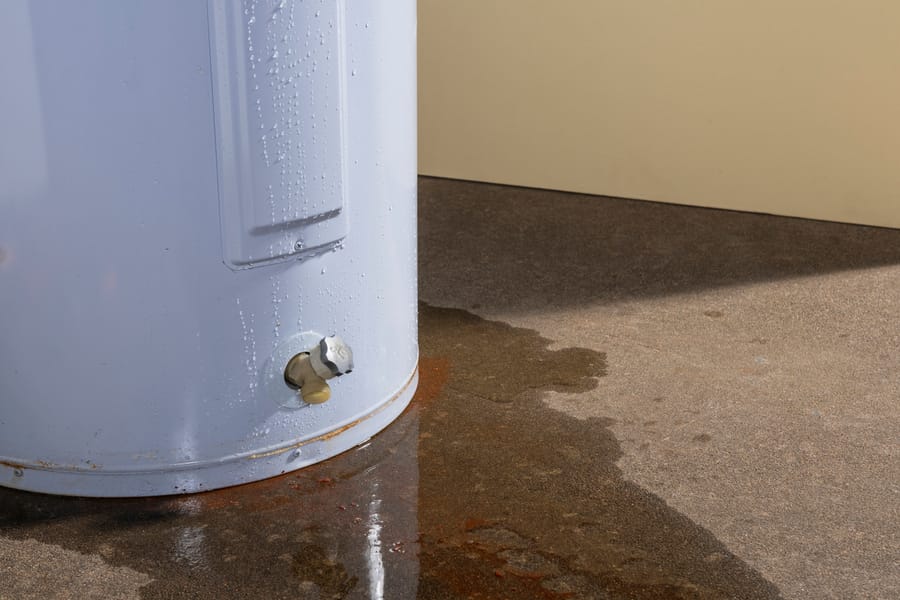
Why is My Water Heater Leaking from the Bottom in Jacksonville?
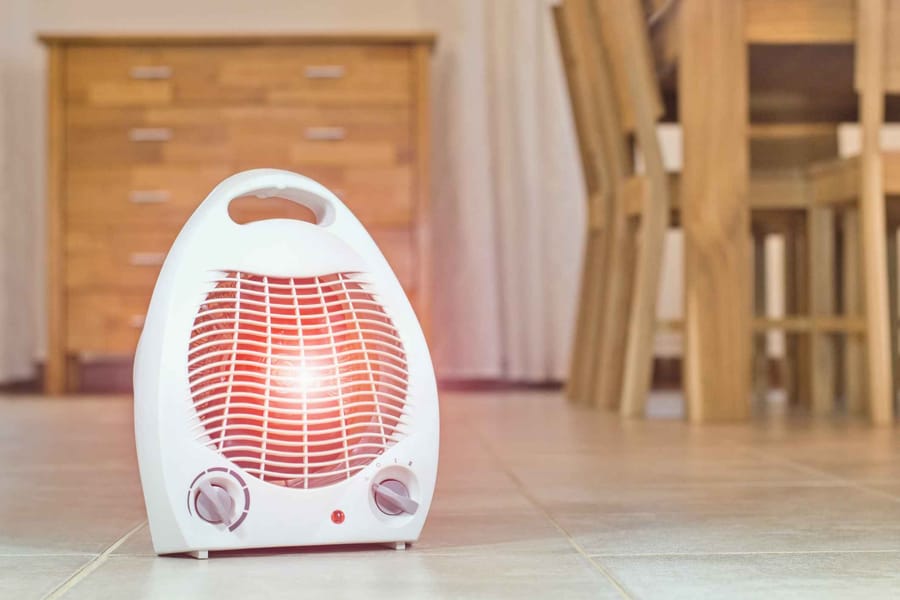
Winter Electrical Safety Checklist for Northeast Florida Homes

Lighting the Night Safely: Outdoor & Holiday Lighting Tips for Florida Winters
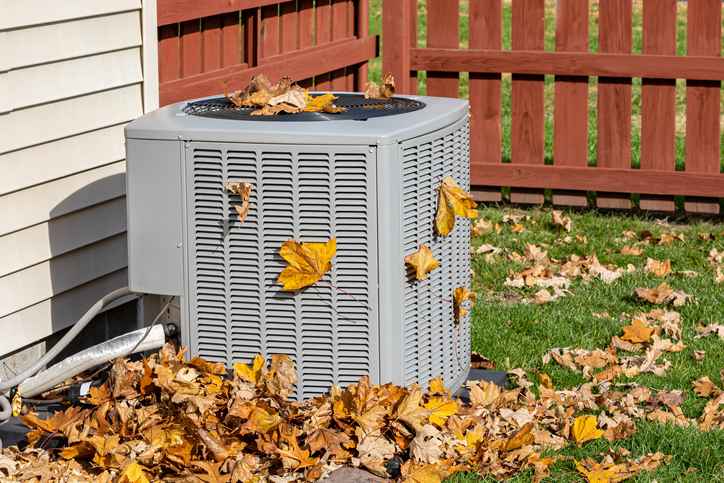
Florida Fall HVAC Tune-Up Guide: Get Your System Ready for Cool Nights & Humid Days

Why Emergency Plumbing Is So Expensive and 4 Ways to Avoid Needing It
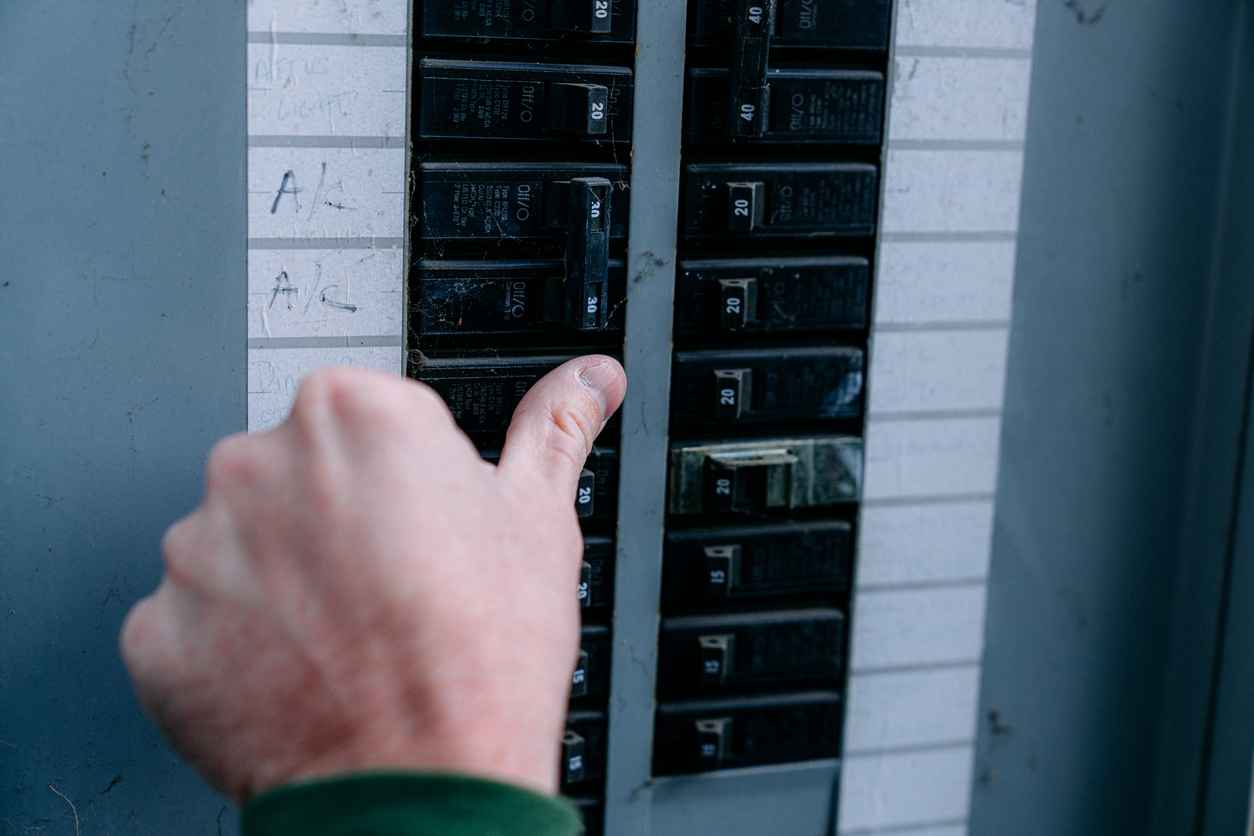
How to Know if You Actually Need a Panel Upgrade
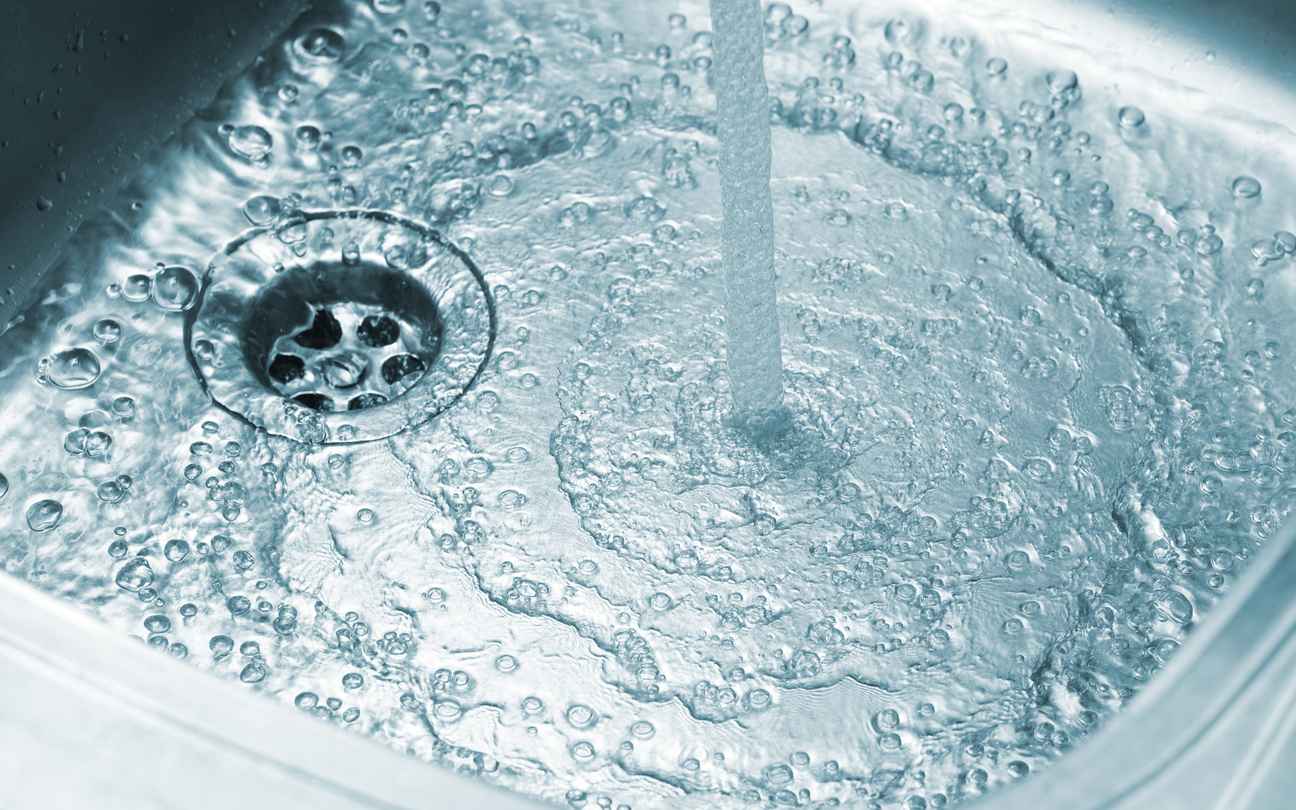
Understanding the Importance of Regular Drain Cleaning

